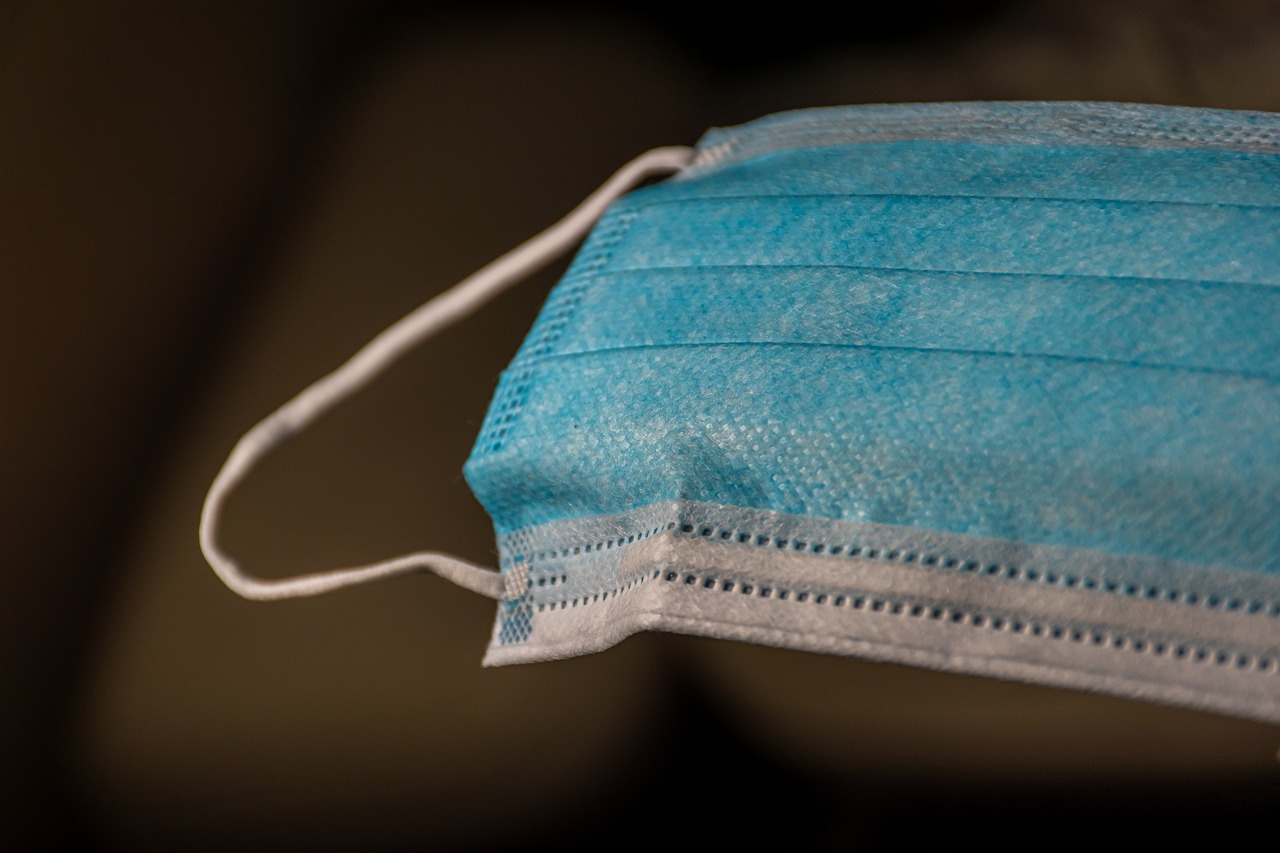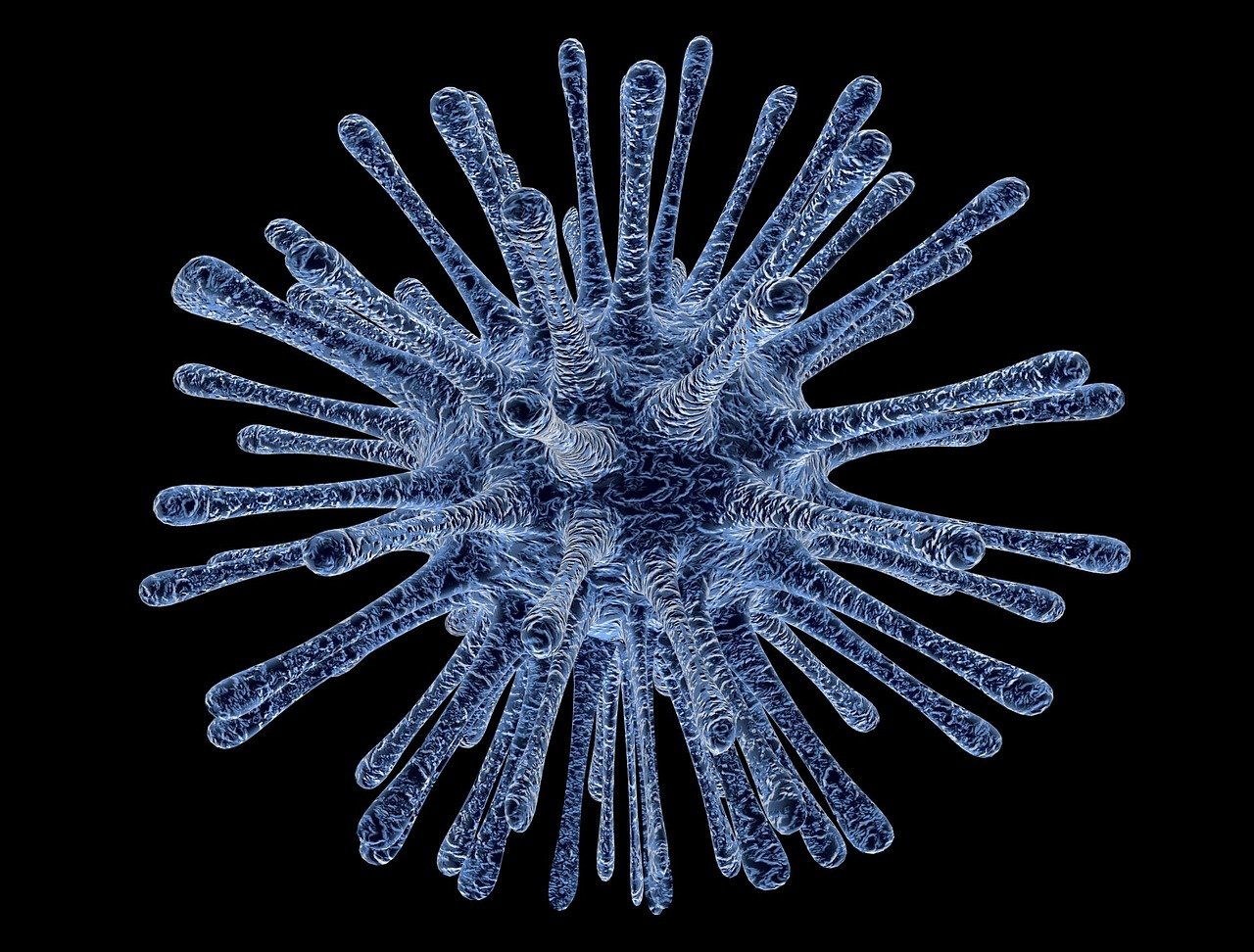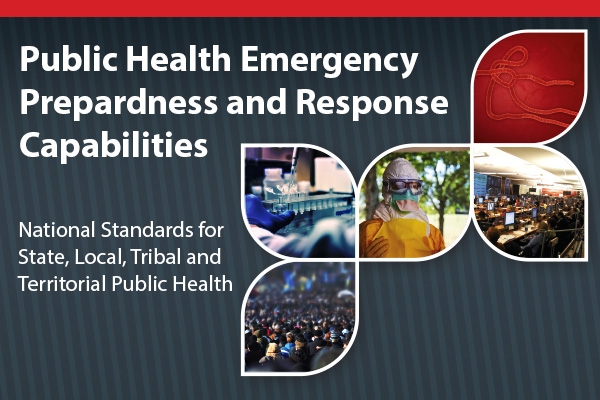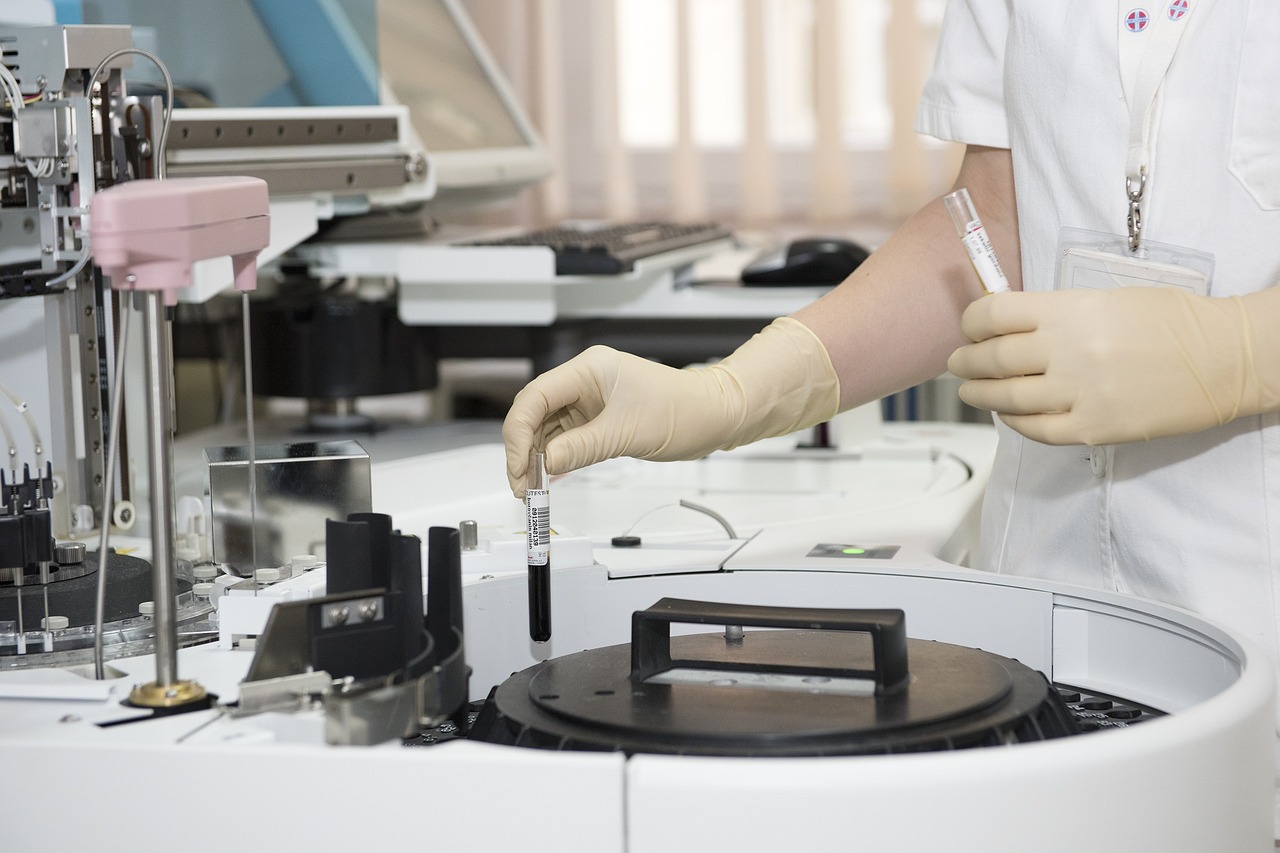Table of Contents
Throughout history, infectious diseases have posed significant threats to public health and medical workers have been at the forefront of the battle against these epidemics. From the Black Death in the 14th century to the more recent COVID-19 pandemic, healthcare professionals have played pivotal roles in diagnosing, treating and preventing the spread of infectious diseases. In this article, we will explore the invaluable lessons that medical workers have learned from past epidemics and their enduring impact on the practice of medicine.
Throughout the annals of history, infectious diseases have periodically unleashed their devastating power upon humanity, pushing medical workers into the unrelenting frontlines of these battles. From the medieval horrors of the Black Death to the modern-day challenges of the COVID-19 pandemic, healthcare professionals have consistently stood as the first line of defense, their unwavering dedication and sacrifice pivotal in the face of these invisible foes.
The Black Death of the 14th century, a bubonic plague pandemic, serves as a harrowing reminder of the catastrophic potential of infectious diseases. During this dark period, medical workers, often equipped with limited knowledge and rudimentary tools, were faced with the daunting task of diagnosing and treating a highly contagious and deadly ailment. Despite the dire circumstances, this era laid the foundation for the principles of quarantine and isolation, techniques that are still relevant in managing infectious outbreaks today.
Fast forward to the 20th and 21st centuries and we witness the emergence of new infectious diseases, including HIV/AIDS, SARS, Ebola and most prominently, COVID-19. These global health crises have seen medical workers adapt and evolve their strategies and techniques. The AIDS pandemic led to significant advances in virology and antiretroviral therapy, while the SARS outbreak prompted critical research into respiratory infections and the importance of stringent infection control measures. The lessons learned from these epidemics have since influenced the protocols and procedures that underpin modern healthcare.
The COVID-19 pandemic, a seismic event in contemporary history, underscores the indispensable role of medical workers. They have tirelessly worked on the frontlines, often at great personal risk, conducting research, treating patients and administering vaccines at an unprecedented pace. The global scientific community’s remarkable collaboration and information sharing during this crisis have accelerated vaccine development and improved the understanding of viral transmission dynamics.
These historical battles against infectious diseases have had a lasting impact on the practice of medicine. They have spurred advancements in diagnostics, therapeutics and vaccination strategies. The importance of early detection, rapid response and effective communication has become deeply ingrained in the medical profession.
Moreover, these experiences have illuminated the critical need for healthcare systems to prioritize preparedness, robust infrastructure and international cooperation in the face of global health threats. The enduring legacy of these lessons learned from past epidemics is evident in the proactive measures taken by healthcare organizations and governments to mitigate the impact of emerging infectious diseases.
In conclusion, the collective experiences of medical workers throughout history in their battles against infectious diseases are a testament to their resilience, adaptability and unwavering commitment to public health. These experiences have not only shaped the way we respond to pandemics but also underscore the vital importance of investing in research, preparedness and global cooperation to safeguard our world against future health crises. The lessons learned by medical workers from the past continue to guide us toward a safer and healthier future for all.
Don’t stop here; you can continue your exploration by following this link for more details: National Institute of Allergy and Infectious Diseases (NIAID)
The Importance of Infection Control
One of the most enduring lessons from past epidemics is the critical importance of infection control measures. Medical workers have learned that proper hand hygiene, sterilization of medical equipment and the use of personal protective equipment (PPE) are essential for preventing the transmission of infectious diseases. These lessons have become foundational in modern healthcare practices, protecting both patients and healthcare professionals.
The enduring lessons learned from past epidemics have left an indelible mark on the field of healthcare, emphasizing the critical importance of infection control measures in preserving public health and safety. These lessons have not only shaped modern healthcare practices but also continue to evolve and adapt in response to emerging infectious threats.
Continuous Refinement of Protocols: The experiences of past epidemics have propelled continuous refinement of infection control protocols. Healthcare institutions now meticulously follow standardized procedures for hand hygiene, medical equipment sterilization and the proper use of personal protective equipment (PPE). These protocols are regularly updated and reinforced to reflect the latest scientific knowledge and emerging infectious diseases.
Global Preparedness: Lessons from past epidemics have fostered a sense of global preparedness. The interconnectedness of our world means that infectious diseases can quickly cross borders. Healthcare professionals and organizations are now better equipped to respond swiftly and effectively to outbreaks, thanks to established infection control measures and global cooperation in disease surveillance and containment.
Public Health Education: Infection control measures have not remained confined to the healthcare setting. Public health education campaigns emphasize the importance of hand hygiene, vaccination and responsible use of antibiotics. These campaigns empower individuals to take an active role in preventing the spread of infectious diseases, reducing the burden on healthcare systems.
PPE Innovation: The demand for personal protective equipment has led to ongoing innovation. Lessons from past epidemics have driven the development of advanced PPE, including more efficient masks, gowns and face shields. These improvements not only enhance the safety of healthcare workers but also increase their capacity to care for patients during outbreaks.
Adaptive Healthcare Facilities: The design and layout of healthcare facilities have adapted to prioritize infection control. Past epidemics have prompted the creation of isolation units, negative-pressure rooms and improved ventilation systems to prevent the airborne transmission of diseases. These design considerations enhance the safety of patients and healthcare professionals alike.
Data-Driven Decision-Making: The collection and analysis of epidemiological data have become central to public health strategies. Lessons from past epidemics underscore the importance of data-driven decision-making, enabling healthcare authorities to identify trends, allocate resources efficiently and implement targeted interventions to curb the spread of infectious diseases.
Research and Vaccine Development: The urgency of past epidemics has accelerated research and vaccine development. Scientists have leveraged the knowledge gained from previous outbreaks to develop vaccines against emerging threats like COVID-19 in record time. These vaccines represent a triumph of medical science and a testament to the enduring legacy of infection control lessons.
In conclusion, the lessons learned from past epidemics have ushered in a new era of infection control in healthcare. They have not only become foundational principles but also continue to shape and adapt as our understanding of infectious diseases evolves. These lessons are a testament to the resilience and adaptability of the healthcare community in the face of ongoing challenges, ensuring that patients and healthcare professionals remain protected in the ever-changing landscape of infectious disease control.
Looking for more insights? You’ll find them right here in our extended coverage: Transmission of SARS-CoV-2: implications for infection prevention …

Early Detection and Rapid Response
Epidemics have highlighted the necessity of early detection and rapid response. Medical workers have become adept at recognizing the signs and symptoms of emerging infectious diseases, allowing for swift isolation and treatment of affected individuals. The ability to quickly mobilize resources and coordinate public health responses has become a hallmark of effective epidemic management.
The specter of epidemics has loomed over human history and with each outbreak, we’ve learned valuable lessons about the importance of early detection and rapid response. Modern medical workers have honed their skills to recognize the subtlest signs and symptoms of emerging infectious diseases and this vigilance has become a linchpin of our global healthcare strategy. Here, we delve deeper into the critical role of early detection and rapid response in the context of epidemic management.
Proactive Surveillance: Medical workers and public health authorities have established robust surveillance systems that continuously monitor for unusual patterns of disease. This proactive surveillance includes monitoring local clinics, hospitals and even digital platforms where patients may report symptoms. Early detection hinges on identifying unusual clusters or patterns of illnesses before they escalate into widespread outbreaks.
Rapid Diagnosis and Testing: Advances in diagnostic technologies have been pivotal in epidemic management. Medical workers now have access to rapid diagnostic tests that can swiftly confirm the presence of a pathogen. This expedites patient isolation and treatment, preventing further transmission.
Effective Contact Tracing: The ability to trace the contacts of infected individuals is a cornerstone of rapid response. Medical workers, often aided by digital contact tracing tools, work diligently to identify and notify those who may have been exposed to the pathogen. This rapid identification of potential cases allows for timely isolation and testing, breaking the chain of transmission.
Isolation and Quarantine Protocols: Medical workers are instrumental in enforcing isolation and quarantine measures. They ensure that affected individuals receive appropriate care while preventing further spread of the disease. This involves not only physical isolation but also psychological support for patients coping with isolation.
Resource Mobilization: Epidemic management requires swift resource mobilization. Medical workers, in collaboration with healthcare institutions and governments, coordinate the deployment of additional personnel, equipment and supplies to affected areas. This includes establishing field hospitals, increasing the production of essential medical supplies and mobilizing healthcare volunteers.
Public Health Messaging: Effective communication is key during an epidemic. Medical workers play a crucial role in disseminating accurate and timely information to the public. They provide guidance on preventive measures, dispel myths and misconceptions and build public trust in the healthcare system.
Research and Vaccine Development: In the face of a novel pathogen, medical workers often contribute to research efforts. They collect data, participate in clinical trials and share insights that inform vaccine and treatment development. Their expertise accelerates the development of interventions to combat the epidemic.
International Collaboration: Epidemics transcend borders, necessitating international cooperation. Medical workers collaborate with colleagues around the world, sharing knowledge and best practices. This global solidarity ensures that resources and expertise are deployed where they are needed most.
In the 21st century, the ability to detect and respond to epidemics has become a hallmark of effective public health and healthcare systems. Medical workers are at the forefront of this effort, tirelessly working to safeguard communities from the threat of infectious diseases. Their vigilance, expertise and commitment to early detection and rapid response serve as our first line of defense against epidemics, ensuring that we are better equipped than ever before to confront these global health challenges.
Additionally, you can find further information on this topic by visiting this page: Factors that contributed to undetected spread

The Power of Vaccination
Vaccination has been a game-changer in the fight against infectious diseases. Medical workers have witnessed the transformative impact of vaccines in preventing epidemics and reducing the severity of diseases. The development and distribution of vaccines have become top priorities in global health efforts, with medical professionals advocating for immunization as a cornerstone of disease prevention.
The advent of vaccination stands as one of the most monumental achievements in the history of medicine, forever altering the landscape of infectious disease prevention. Medical workers have borne witness to the profound and transformative impact of vaccines, not only in preventing epidemics but also in mitigating the severity of diseases that have plagued humanity for centuries. Today, the development, distribution and advocacy for vaccines have become paramount priorities in global health efforts, with medical professionals at the forefront of championing immunization as an indomitable cornerstone of disease prevention.
Vaccination has emerged as a formidable weapon against a multitude of infectious diseases that once ravaged communities, causing widespread suffering and death. Through meticulous research and scientific innovation, vaccines have been developed to target pathogens such as poliovirus, measles, influenza and more. Medical workers have been pivotal in the administration of these vaccines, ensuring that individuals, families and entire populations are protected from the devastating consequences of these diseases.
One of the most compelling aspects of vaccines is their ability to halt the spread of infectious agents within communities. Medical professionals have witnessed the extraordinary power of herd immunity, whereby a sufficient proportion of a population is immunized, rendering the pathogen unable to establish a foothold. This not only safeguards those who are vaccinated but also provides protection to vulnerable individuals who cannot receive vaccines due to medical reasons.
Moreover, vaccines have proven their mettle in reducing the severity of diseases, even in cases where breakthrough infections occur. Medical workers have observed that vaccinated individuals who contract the disease often experience milder symptoms and have a significantly lower risk of developing life-threatening complications. This is a testament to the resilience of our immune systems, bolstered by the protective shield of vaccination.
In today’s interconnected world, where diseases can traverse continents in a matter of hours, the development and distribution of vaccines have taken center stage in global health initiatives. Medical professionals, together with researchers and healthcare organizations, advocate tirelessly for equitable access to vaccines, recognizing that no one is safe until everyone is protected. They emphasize the importance of immunization as a shared responsibility and an ethical imperative in safeguarding the health and well-being of all.
In conclusion, vaccination stands as a beacon of hope and progress in the realm of healthcare. Medical professionals, armed with the knowledge of vaccines’ effectiveness and the lessons learned from history, continue to champion immunization as a formidable tool in the fight against infectious diseases. They are unwavering in their commitment to ensure that vaccines reach every corner of the globe, leaving no one behind in the quest for a healthier, safer and more resilient world.
Additionally, you can find further information on this topic by visiting this page: Lessons from the History of Quarantine, from Plague to Influenza A …

Community Engagement and Communication
Effective communication and community engagement have proven to be essential during epidemics. Medical workers have learned that building trust with communities, providing clear and accurate information and addressing concerns can mitigate the spread of fear and misinformation. This lesson has underscored the importance of public health campaigns and transparent communication during health crises.
The importance of effective communication and community engagement during epidemics cannot be overstated. It’s a lesson that has been learned and relearned throughout history and has informed modern public health practices. This critical aspect of epidemic management not only mitigates the spread of fear and misinformation but also fosters cooperation and resilience within communities.
Building Trust: Trust is the cornerstone of effective communication during epidemics. Healthcare professionals and authorities must establish and maintain trust with the communities they serve. Trust is cultivated through honesty, transparency and a demonstrated commitment to public health and safety. Building trust in advance of an epidemic ensures that communities are more likely to heed guidance and recommendations when a crisis arises.
Clear and Accurate Information: Providing clear, accurate and timely information is paramount. During epidemics, people seek reliable sources of information to make informed decisions about their health and safety. Public health agencies and healthcare workers play a crucial role in disseminating information about the nature of the epidemic, preventive measures and available resources. Misinformation and rumors thrive in the absence of credible information.
Addressing Concerns and Questions: Communities will have questions and concerns during epidemics, ranging from the efficacy and safety of vaccines to the availability of medical care. It’s essential for healthcare professionals and authorities to actively engage with these concerns, provide evidence-based answers and acknowledge the uncertainties. This two-way dialogue shows that public health agencies are responsive to the needs of the community.
Cultural Sensitivity: Cultural competence is vital in communication during epidemics. Healthcare professionals must be aware of and sensitive to cultural differences, beliefs and practices that may influence how communities perceive and respond to health crises. Tailoring communication to specific cultural contexts can enhance understanding and cooperation.
Psychological Support: Epidemics can take a toll on mental health, leading to anxiety, stress and social isolation. Effective communication includes addressing these psychological aspects, providing information on available mental health resources and promoting self-care practices to help individuals and communities cope with the emotional impact of the crisis.
Community Involvement: Engaging communities directly in epidemic response is a proactive approach. Community leaders, organizations and influencers can play a pivotal role in disseminating information and encouraging adherence to preventive measures. Local knowledge and networks are valuable assets in reaching every corner of a community.
Counteracting Stigma: Epidemics often lead to stigma and discrimination against affected individuals or groups. Effective communication campaigns should address and counteract such stigma, emphasizing that the disease does not discriminate and that everyone deserves empathy and support.
Adaptive Communication: Epidemics can evolve rapidly and so must communication strategies. Public health agencies should be adaptable, ready to update and revise their messaging and tactics as the situation changes. Real-time data and feedback from the community can help refine communication approaches.
Evaluating and Learning: After the epidemic subsides, it’s crucial to evaluate the effectiveness of communication strategies. What worked well? What could be improved? This feedback loop ensures that lessons are learned and applied to future public health campaigns.
Preparedness and Resilience: The lessons learned from effective communication and community engagement during epidemics should inform preparedness efforts for future crises. Communities that have experienced transparent and responsive communication are more likely to be resilient in the face of future health threats.
In conclusion, the importance of effective communication and community engagement during epidemics cannot be overstated. It is a cornerstone of successful epidemic management, not only in terms of controlling the spread of disease but also in maintaining the trust, cooperation and well-being of communities. Public health campaigns and transparent communication strategies are essential components of our collective response to health crises and they continue to evolve in response to new challenges and opportunities.
If you’d like to dive deeper into this subject, there’s more to discover on this page: How can community engagement in health research be …

The Role of Research and Innovation
Epidemics have spurred research and innovation in the field of medicine. Medical workers have been instrumental in conducting research to understand the pathogens responsible for epidemics and developing novel treatments and therapies. The collaborative efforts of healthcare professionals and researchers have led to breakthroughs in epidemiology, virology and treatment modalities.
Throughout history, epidemics have acted as catalysts for significant advancements in the realm of medicine. In the face of these health crises, medical workers have emerged as heroes on the frontlines, actively engaging in research and innovation that has not only addressed the immediate challenges but has also left a lasting impact on the field of healthcare.
Pathogen Discovery and Understanding: Epidemics force medical professionals to quickly identify the responsible pathogens. Their tireless efforts in collecting and analyzing samples, conducting diagnostic tests and studying the genetic makeup of pathogens have been crucial. This has not only led to rapid identification but also a deeper understanding of the biology, transmission and virulence of these infectious agents.
Vaccine Development: History is replete with examples of epidemics driving vaccine research and development. Medical workers and researchers collaborate to create vaccines that can prevent future outbreaks. The development of vaccines for diseases like polio, smallpox and more recently, COVID-19, are testament to the power of such collaborations. These vaccines have not only saved countless lives but have also set new standards for vaccine technology.
Treatment Modalities: Epidemics often necessitate the search for novel treatments and therapies. Medical professionals are at the forefront of clinical trials, testing experimental treatments and monitoring patient outcomes. Their dedication to finding effective therapies has led to breakthroughs in antiviral drugs, antibiotics and supportive care, improving the odds of recovery for those affected.
Epidemiological Research: The study of epidemics has propelled the field of epidemiology itself. Healthcare professionals working in tandem with epidemiologists gather crucial data on transmission patterns, risk factors and the impact of public health measures. This data not only informs immediate response efforts but also contributes to the development of strategies for preventing future epidemics.
Global Collaboration: Epidemics emphasize the need for international cooperation. Healthcare professionals and researchers from different corners of the world share their knowledge and expertise. This collaborative spirit has led to a more interconnected global health community, enabling faster responses to emerging threats.
Public Health Advances: Epidemics often expose weaknesses in public health infrastructure. Medical workers actively participate in improving these systems, advocating for better preparedness, surveillance and communication. These efforts strengthen the overall resilience of healthcare systems.
In summary, epidemics, while often harbingers of suffering and loss, have spurred remarkable progress in medicine. The dedication, innovation and collaboration of medical professionals and researchers have not only saved lives during outbreaks but have also left a lasting legacy of knowledge and preparedness. These lessons learned from past epidemics continue to guide us in addressing the health challenges of the present and future.
You can also read more about this here: CDC Global Health Strategy | Global Health | CDC

Mental Health and Resilience
Epidemics take a toll on the mental health and resilience of medical workers. The experiences of past epidemics have underscored the need for comprehensive mental health support and resilience-building programs for healthcare professionals. Acknowledging the emotional challenges of their work is essential for sustaining a resilient healthcare workforce.
Epidemics, with their relentless demands and harrowing scenes, exact a heavy toll on the mental well-being and resilience of the dedicated individuals working tirelessly on the front lines of healthcare. The profound emotional and psychological impact of witnessing suffering, making life-or-death decisions and facing the specter of illness day after day cannot be underestimated.
History has shown us that epidemics have left an indelible mark on the mental health of medical workers. The trauma, stress and burnout experienced during these crises can have long-lasting effects on their emotional and psychological well-being. In the aftermath of past epidemics, the scars left on healthcare professionals have underscored the pressing need for comprehensive mental health support and resilience-building programs tailored to their unique challenges.
Acknowledging and addressing the emotional toll of their work is not just an act of compassion; it is a strategic imperative for sustaining a resilient healthcare workforce. When healthcare providers are mentally and emotionally healthy, they can provide better care to patients, make sound decisions under pressure and withstand the grueling demands of their profession.
Comprehensive mental health support encompasses a range of initiatives, from access to counseling and peer support groups to stress-reduction strategies and trauma-informed care. These resources serve as a lifeline for healthcare professionals, offering them a safe space to process their experiences, seek help when needed and develop coping mechanisms to navigate the emotional challenges they face.
Resilience-building programs further strengthen the healthcare workforce by equipping them with the tools to thrive in the face of adversity. These programs not only help healthcare professionals bounce back from challenging situations but also empower them to grow and adapt as individuals and as a collective. Resilient healthcare workers are better equipped to handle the ongoing stressors of their profession and are more likely to find meaning and fulfillment in their work.
In conclusion, epidemics have consistently demonstrated the profound impact they have on the mental health and resilience of medical workers. Learning from the lessons of the past, it is incumbent upon healthcare systems and institutions to prioritize the well-being of their professionals by offering comprehensive mental health support and resilience-building programs. By doing so, we not only honor the sacrifices of those on the front lines but also ensure a resilient and compassionate healthcare workforce capable of meeting the challenges of future epidemics with strength and empathy.
Looking for more insights? You’ll find them right here in our extended coverage: Interventions to support the resilience and mental health of frontline …

Infectious diseases have left an indelible mark on the practice of medicine and the experiences of medical workers. Through the lessons learned from past epidemics, healthcare professionals have strengthened their commitment to infection control, early detection, vaccination, effective communication, research and mental health support. These lessons continue to guide medical workers as they confront new challenges and emerging infectious diseases, ensuring that the experiences of the past contribute to a safer and more resilient healthcare system for the future.
The impact of infectious diseases on the field of medicine and the dedicated medical workers who combat them cannot be overstated. The lessons drawn from past epidemics have been instrumental in shaping a more prepared and resilient healthcare system, with healthcare professionals at the forefront of these transformative changes:
Infection Control Mastery: The experiences of past epidemics underscore the critical importance of infection control practices. Healthcare professionals have honed their skills in maintaining rigorous hygiene protocols, minimizing the risk of transmission within healthcare settings.
Early Detection Strategies: The ability to detect infections early is paramount. Medical workers have embraced advanced diagnostic tools and surveillance systems, enabling them to identify outbreaks swiftly and initiate containment measures promptly.
Vaccination Campaigns: Vaccination has emerged as a cornerstone of preventing infectious diseases. The legacy of past epidemics has fostered a commitment to vaccination campaigns, ensuring that a growing number of individuals are protected from various infectious agents.
Effective Communication: Clear and transparent communication is essential during epidemics. Healthcare professionals have become adept at disseminating accurate information to the public, countering misinformation and fostering trust in healthcare guidance.
Research and Innovation: Past epidemics have galvanized the medical community to invest in research and innovation. Advances in treatments, medications and vaccines have been accelerated, leading to more effective interventions in the face of emerging infectious diseases.
Mental Health Awareness: The toll of working during epidemics is not just physical but also emotional. Medical workers have placed greater emphasis on mental health support, recognizing the importance of resilience and psychological well-being.
Global Collaboration: The interconnected nature of today’s world demands global collaboration. Healthcare professionals engage in partnerships and share knowledge internationally, enabling a collective response to infectious diseases that transcends borders.
Preparedness and Planning: Learning from past experiences, healthcare systems have refined their preparedness plans. They conduct drills, stockpile necessary supplies and establish protocols to respond swiftly and effectively to emerging threats.
Community Engagement: Medical workers actively engage with communities to foster a sense of shared responsibility in disease prevention. Education and community involvement have become integral components of public health initiatives.
Resilience in the Face of Uncertainty: Above all, the experiences of past epidemics have instilled resilience in medical workers. They have learned to adapt to evolving challenges, manage crises and continue providing care under the most challenging circumstances.
In conclusion, the legacy of past epidemics is one of transformation and adaptation. The hard-earned lessons continue to guide the practices and principles of medical workers, ensuring that they are better equipped to confront new challenges and emerging infectious diseases. Through their unwavering commitment to infection control, early detection, vaccination, communication, research and mental health support, medical professionals are contributing to a healthcare system that is safer, more resilient and more capable of safeguarding the health and well-being of populations worldwide.
If you’d like to dive deeper into this subject, there’s more to discover on this page: Poverty, Global Health, and Infectious Disease: Lessons from Haiti …
More links
You can also read more about this here: Protecting Healthcare Workers During the Coronavirus Disease …
